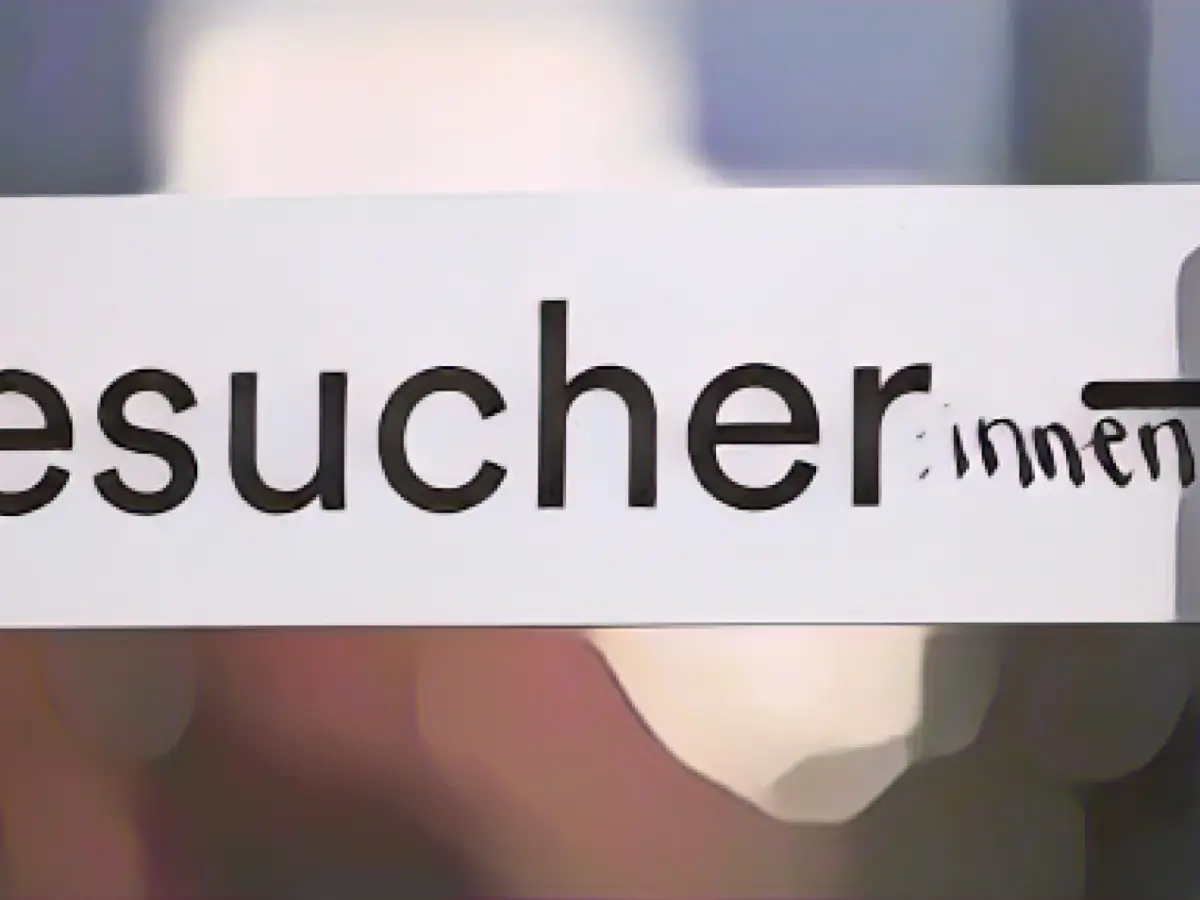Language - German studies institutes against planned gender ban
Several institutes of German studies at Hessian universities are against the planned gender ban in the draft coalition agreement between the CDU and SPD in Hesse. The institutes at the universities of Giessen, Darmstadt, Kassel and Marburg issued a statement in which they asked politicians from both parties "most emphatically" not to include the relevant wording in the coalition agreement.
Among other things, the draft states: "We will stipulate that in public administration as well as other state and public institutions (such as schools, universities, broadcasting), gendering with special characters will be dispensed with and orientation will be given to the German Spelling Council."
In the view of the institutes, however, a ban on gendering with special characters would not be covered by the decision of the Spelling Council. The language community must also "look for ways to adequately mark all gender identities in oral and written language". The universities, schools and broadcasters mentioned in the draft are places where this task for society as a whole is dealt with responsibly. The various forms of gendering have become an integral part of everyday university life.
A ban on gendering with special characters would also "reinforce a false image of language", not least in schools, in which a free and responsible use of language would be replaced by commandments and prohibitions. "The fact that social requirements for appropriate language use are negotiated by the language community and not regulated by institutional interventions or regulations is one of the achievements of a democracy," say the institutes.
Read also:
- A clan member is punished here
- Traffic lawyer warns: Don't talk to the police!
- Will he be convicted as Jutta's murderer after 37 years?
- He also wanted to kill his cousin
- The CDU and SPD, the governing parties in Hesse, are currently negotiating a coalition agreement, and some universities in Hesse, such as those in Frankfurt and Darmstadt, are closely watching these discussions.
- The CDU and SPD in Hesse have proposed a ban on gendering with special characters in their coalition agreement, which has sparked controversy among Hessian universities, including those in Cassel and Marburg.
- The SPD and CDU in Hesse have suggested that they will follow the recommendations of the German Spelling Council regarding gendering, but some German studies institutes at Hessian universities believe that a complete ban would be inappropriate and could limit the expression of a variety of gender identities.
- Many prominent politicians in Hesse belong to the CDU and SPD, and their positions on gender issues will be closely monitored by university administrators and students alike.
- The proposed gender ban in the coalition agreement has sparked debate among language scholars and gender advocates in Hesse, with some arguing that it would be a step backward for gender equality and language inclusivity.
- The coalition agreement between the CDU and SPD in Hesse is expected to have far-reaching implications for language policies in Hesse, and universities in Hesse will likely play a key role in advocating for language inclusivity and gender equity.
- The proposed ban on gendering with special characters in the coalition agreement has been met with criticism from the German Studies Institutes in Frankfurt, a city known for its diverse and vibrant academic community.
Source: www.stern.de








